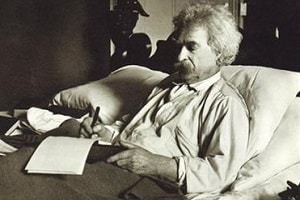 Yahoo’s new boss, Marissa Mayer, has just issued an edict banning her employees from working at home. In this article in today’s Guardian, I give my response, suggesting five ways to become an expert homeworker (and keep bosses like Mayer happy as well).
Yahoo’s new boss, Marissa Mayer, has just issued an edict banning her employees from working at home. In this article in today’s Guardian, I give my response, suggesting five ways to become an expert homeworker (and keep bosses like Mayer happy as well).
Category: family
Valentine’s Day Video: The Six Varieties of Love
The Ancient Greeks would have considered us modern creatures incredibly unsophisticated in the way we talk about love. We tend to use a single word to cover so many different kinds of relationships and emotions. On Valentine’s Day you may well whisper ‘I love you’ to your soulmate over a candlelit meal, but then the next morning casually sign an email ‘lots of love’. The Greeks would have been shocked at the crudeness of our expression, because they identified six different varieties of love. What were the Greek loves? And how might they revolutionise the way we think about love today? Find out in this video on The Six Varieties of Love, which is based on the chapter on love in my book The Wonderbox. Happy Valentine’s Day!
Ready for a vulnerability hangover? Five ideas from Brené Brown
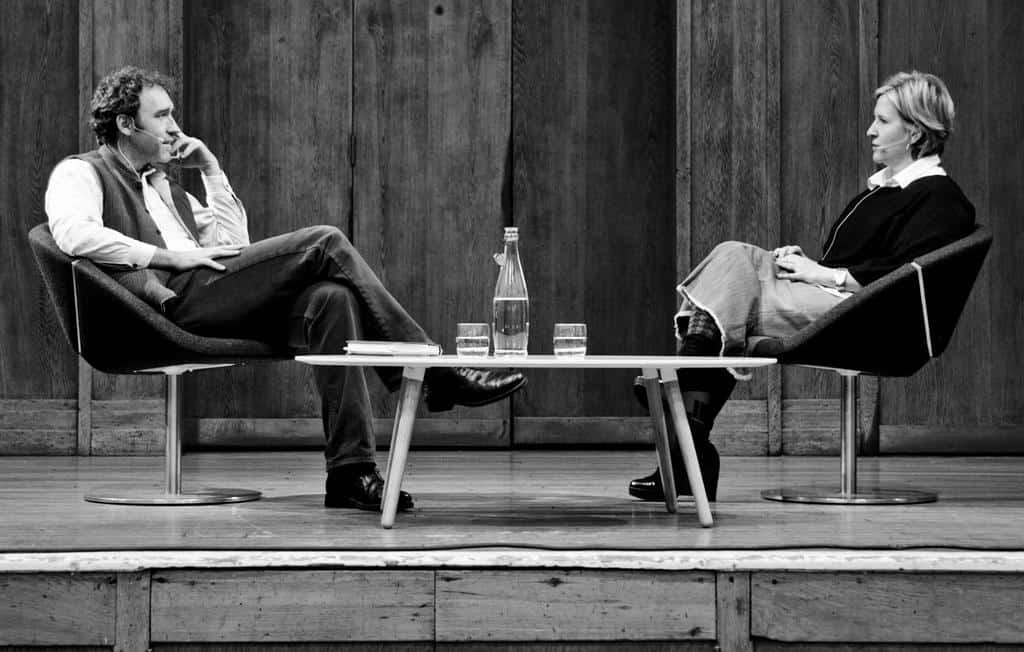
I recently had the great privilege and pleasure of interviewing Brené Brown, one of the world’s most original and exciting thinkers about emotional life, before a packed audience at London’s historic Conway Hall. It was no surprise that the event, organised by The School of Life, sold out its five hundred tickets within a record time of 48 hours. Brené – a research professor at the University of Houston – is seriously popular. Her 2010 TED talk on The Power of Vulnerability has been seen by over six million people, and her new book, Daring Greatly: How the Courage to Be Vulnerable Transforms the Way We Live, Love, Parent and Lead, is at the top of the New York Times best-sellers chart.
To give you a taste of her book, and the conversation we had, I’d like to pick out five of Brené’s ideas that I find to be particularly insightful, original and applicable to everyday life. Continue reading
Can reading a novel change the world?
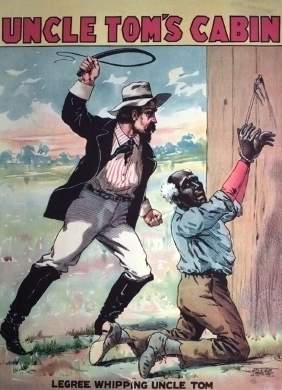 ‘It was through books that I first realised there were other worlds beyond my own; first imagined what it might be like to be another person,’ wrote novelist Julian Barnes in a recent Guardian essay. It’s an enticing thought that reading fiction might help us escape the straitjacket of our egos and expand our moral universes. Modern literary theorists are, however, decidedly sniffy about the notion. ‘They see the idea as too middlebrow, too therapeutic, too kitsch, too sentimental, too Oprah,’ according to Steven Pinker in his latest tome, The Better Angels of Our Nature.
‘It was through books that I first realised there were other worlds beyond my own; first imagined what it might be like to be another person,’ wrote novelist Julian Barnes in a recent Guardian essay. It’s an enticing thought that reading fiction might help us escape the straitjacket of our egos and expand our moral universes. Modern literary theorists are, however, decidedly sniffy about the notion. ‘They see the idea as too middlebrow, too therapeutic, too kitsch, too sentimental, too Oprah,’ according to Steven Pinker in his latest tome, The Better Angels of Our Nature.
Yet Pinker, together with philosopher Martha Nussbaum, psychologist Keith Oatley and historian Lynn Hunt, is amongst a new band of champions for the idea that reading can indeed change not just ourselves, but the world. If we want to put this idea to the test, a good starting point is one of the most popular novels of the nineteenth century, Harriet Beecher Stowe’s Uncle Tom’s Cabin. What interests me, though, is not simply the extraordinary social impact of this admittedly sentimental story, but what its writing reveals about the origins of morality itself. Continue reading
New book! How to Find Fulfilling Work by Roman Krznaric
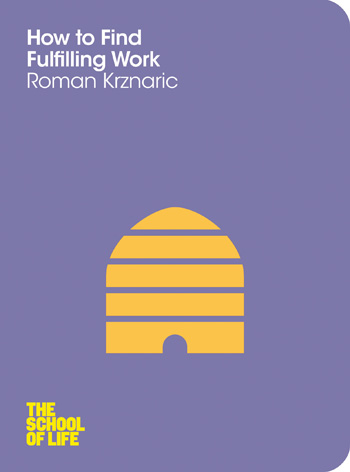 My new book How to Find Fulfilling Work is out today.
My new book How to Find Fulfilling Work is out today.
About the book
Part of a new series of guides to everyday living from The School of Life (edited by Alain de Botton), How to Find Fulfilling Work aims to help people navigate the labyrinth of career choices out there and to find a job that is big enough for their spirits. It busts plenty of myths along the way, such as the idea that you can trust personality tests to guide you to the right job, and offers wisdom from philosophy, psychology, history and literature. There are plenty of unusual solutions to our career dilemmas too, including taking a radical sabbatical and aspiring to be a wide achiever rather than a high achiever, as well as timely career advice from Leonardo da Vinci, Marie Curie and even Zorba the Greek. And you will meet a woman whose 30th birthday present to herself was to try 30 different jobs in one year.
You can find out more about the book here and buy it from Amazon or your local bookstore.
The School of Life series is being launched with events around the UK and beyond.
Other authors in the series include Alain de Botton, Philippa Perry, John-Paul Flintoff, Tom Chatfield and John Armstrong.
Best wishes and happy reading! Roman
Extract from the opening of Chapter 1: The Age of Fulfilment
Rob Archer grew up on a housing estate in Liverpool where there was 50 per cent unemployment and the main industry was heroin. He fought his way out, studying hard and getting to university, and found a great job as a management consultant in London. He was earning plenty of money, he had interesting clients and his family was proud of him. ‘I should have been very happy, but I was utterly miserable,’ he recalls. ‘I remember being put on assignments in which I had no background but was presented as an expert. I was supposed to know about knowledge management and IT, but it all left me cold, and I always felt like an outsider.’ He did his best to ignore his feelings:
I assumed I should be grateful to just have a job, let alone a ‘good’ one. So I focused harder on trying to fit in and when that didn’t work, I lived for the weekend. I did this for ten years, burning the candle at both ends. Eventually it caught up with me. I became chronically stressed and anxious. Then one day I had to ask the CEO’s personal assistant to call me an ambulance because I thought I was having a heart attack. It turned out to be a panic attack. That’s when I knew I couldn’t go on. The problem was that all the alternatives – changing career, starting over again – seemed impossible. How could I trade in the security of my comfortable life for uncertainty? Wouldn’t I be risking all the progress I had made? I also felt guilt that I should even be searching for such luxuries as ‘meaning’ and ‘fulfilment’. Would my grandfather have complained at such fortune? Life appeared to offer an awful choice: money or meaning.
You can read the rest of Chapter 1 here.
The greatest meeting of strangers in history
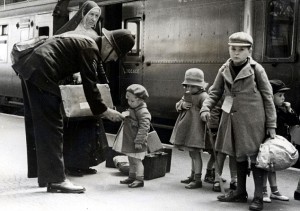 I am in the midst of a long-term project to document instances when empathy has flowered on a mass scale and shifted the course of human history. While empathy has periodically collapsed on a collective scale – just think of colonialism in Latin America or the Holocaust – there have also been moments when it has emerged as a force for positive and radical social change. If we want to tackle today’s global crises – from wealth inequality and armed conflict to climate change and food insecurity – we need to learn from the past and understand how empathy can be harnessed as a powerful tool to shift human behaviour and ignite social action. And one of the most interesting places to look is the evacuation of British children in World War Two. Continue reading
I am in the midst of a long-term project to document instances when empathy has flowered on a mass scale and shifted the course of human history. While empathy has periodically collapsed on a collective scale – just think of colonialism in Latin America or the Holocaust – there have also been moments when it has emerged as a force for positive and radical social change. If we want to tackle today’s global crises – from wealth inequality and armed conflict to climate change and food insecurity – we need to learn from the past and understand how empathy can be harnessed as a powerful tool to shift human behaviour and ignite social action. And one of the most interesting places to look is the evacuation of British children in World War Two. Continue reading
The lost history of the househusband
 The following article originally appeared in The Guardian.
The following article originally appeared in The Guardian.
The great tragedy of modern parenting is that we’ve forgotten its history – and mothers are paying the price. Contrary to popular belief, the superdad who takes on a serious share of childcare and housework is not a new invention. Before the industrial revolution – a mere couple of hundred years ago – most men were stay-at-home fathers, skilled at comforting wailing babes and bathing squirming toddlers. I didn’t know this four years ago when my partner, Kate, became pregnant with twins. I had never wanted to have children, worrying that it would scupper my hopes of becoming a writer, so I panicked. How was I going to embrace the seismic shock of double-dose fatherhood? Continue reading